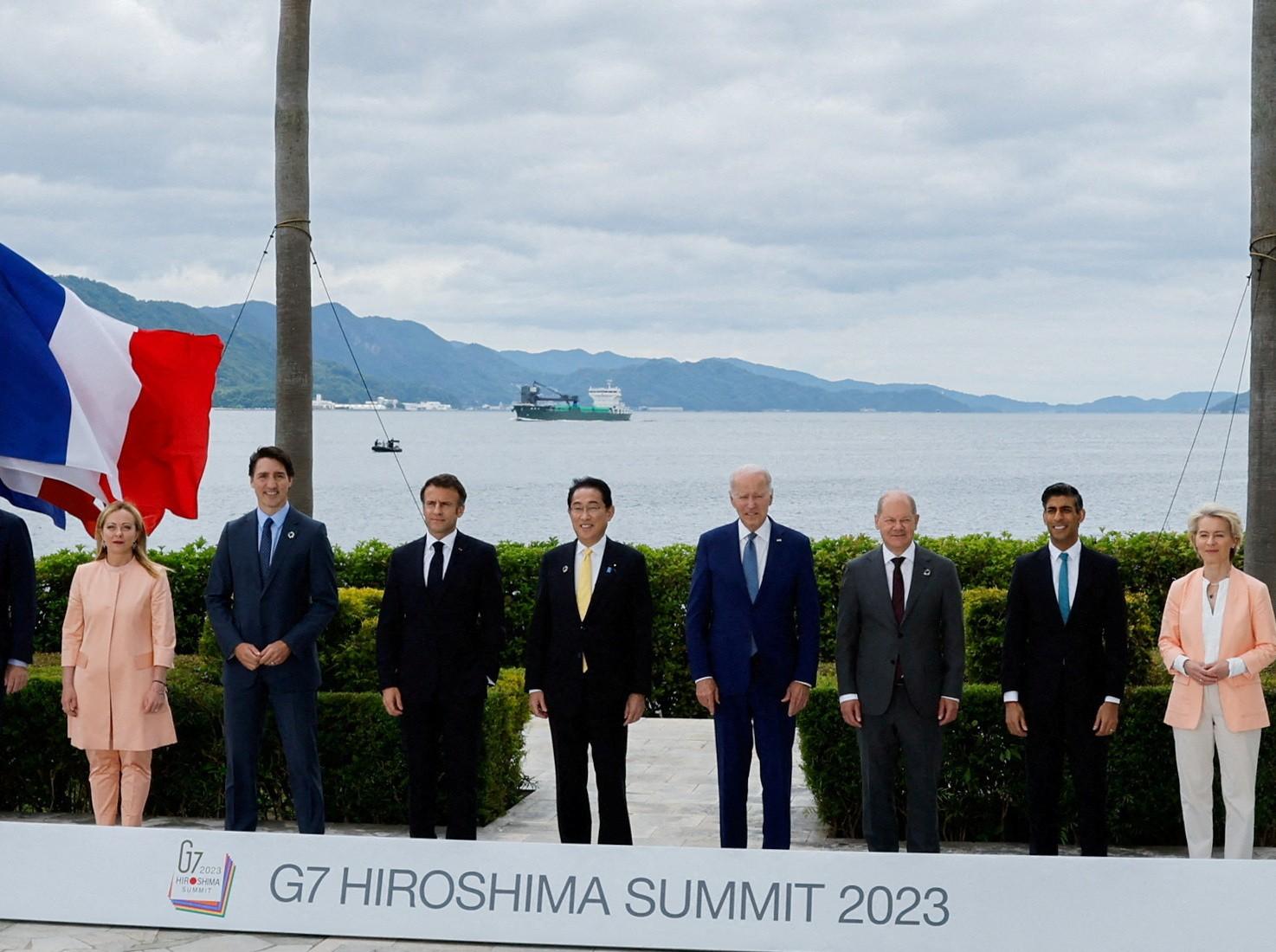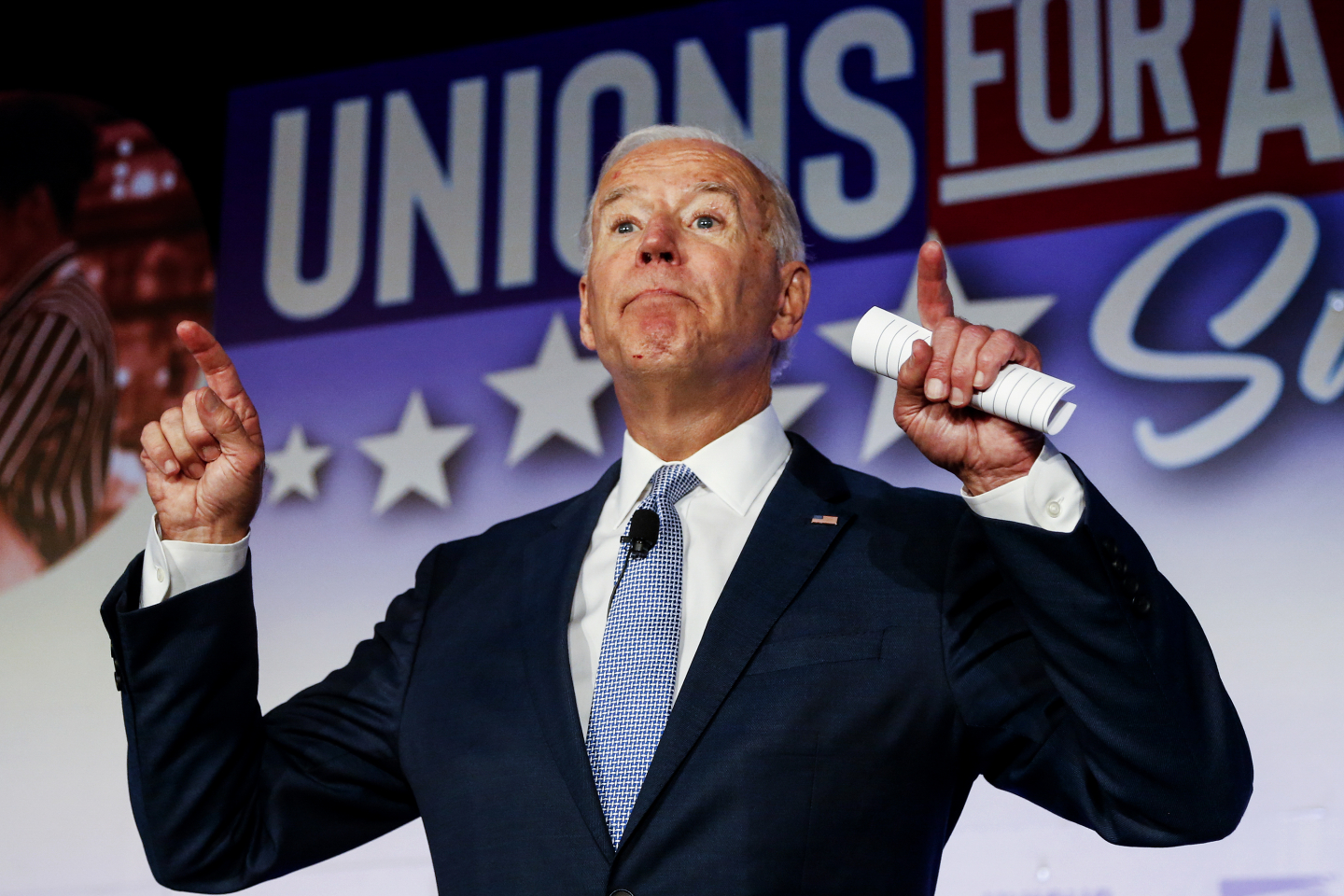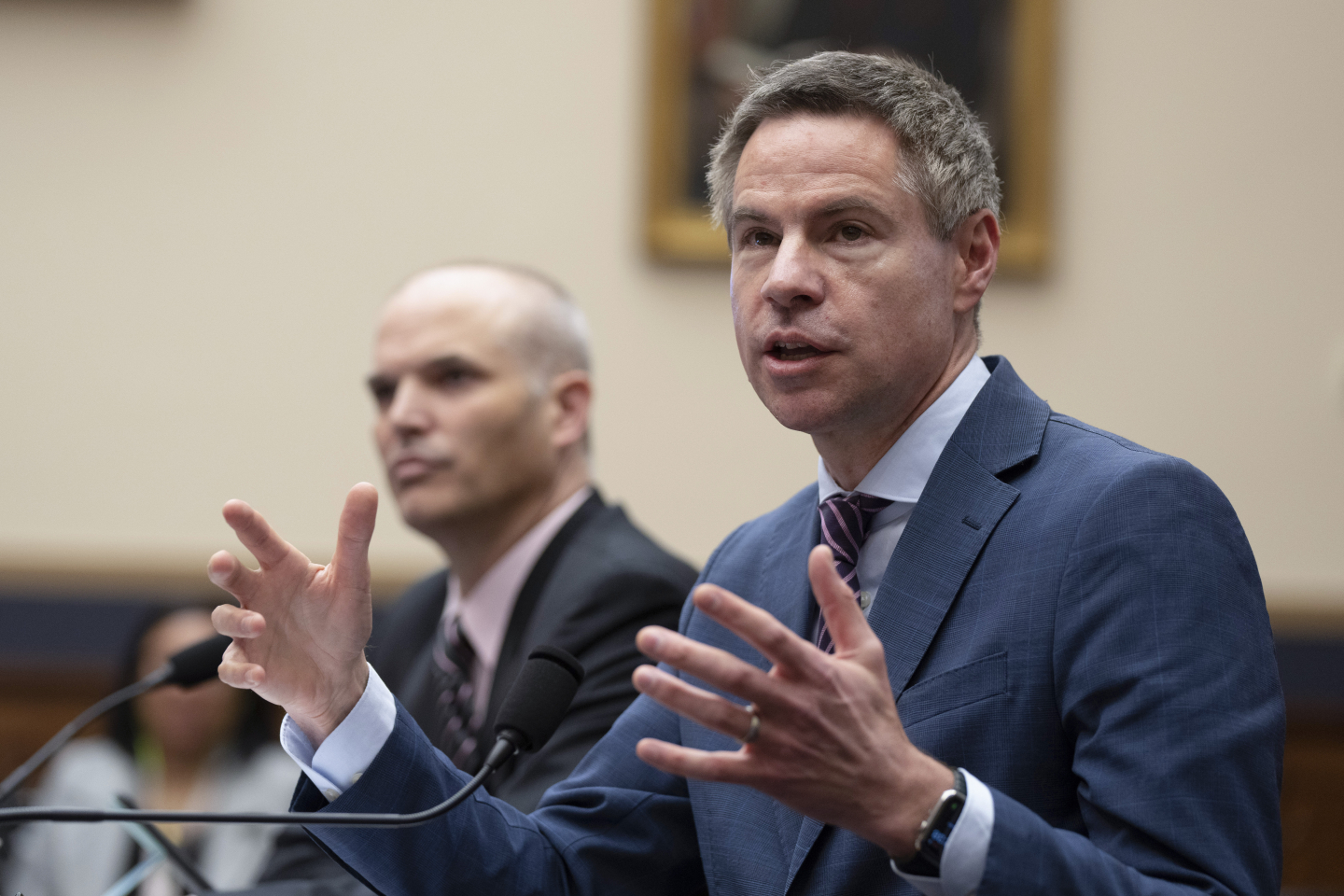This week, we discuss evidence suggesting that veterans don’t support extremism any more than the public does; why it’s time to manage traffic in outer space; twin personnel crises on the horizon for Russia; workplace conditions that support teacher well-being; America’s strategic advantage over China in Oceania; and how climate change might affect force readiness.… Continue reading Extremist Beliefs Among Veterans, Space Traffic, Teacher Well-Being: RAND Weekly Recap
Category: Intel
The Global Movement Against China’s Economic Coercion Is Accelerating
With the launch of the Coordination Platform on Economic Coercion in May, the Group of Seven (G7) leading economies have taken an important step after years of U.S. allies and partners facing coercion from the People’s Republic of China (PRC) alone. There is no shortage of recent examples regarding why such a coordinated approach by… Continue reading The Global Movement Against China’s Economic Coercion Is Accelerating
We Aren’t Helpless in the Face of Increasing Fires and Smoke
As swaths of central and eastern North America faced skies choked with smoke last week, those of us in the West empathized. Our part of the continent watches sunsets turned blood red through bloodshot eyes every year. Breathing in acrid brown-yellow haze pulls climate change anxiety right to the surface. Being told that decades of… Continue reading We Aren’t Helpless in the Face of Increasing Fires and Smoke
Sorry Pundits, George W. Bush Made the Saudis. Putin Too
“Under Biden, America has surrendered the oil economy. The Saudi king is now the world’s oil king again, and we are all worse for it.” Those are the words of Daniel Turner, founder and executive director of Power the Future, an organization that “advocates for American energy jobs.” Up front, oil is an essential commodity.… Continue reading Sorry Pundits, George W. Bush Made the Saudis. Putin Too
Key Player in Biden Documents Removal Was Caught Up in Bill Clinton-Era Chinagate Scandal
Above, the location in the capital’s Chinatown where Biden aide Kathy Chung in 2017 transferred boxes with top-secret material. She also figured in the Chinagate fundraising investigation of the 1990s. By Paul Sperry, RealClearInvestigationsJune 8, 2023 The custodian of Joe Biden’s vice presidential records, a key witness in his classified documents probe, was caught up in… Continue reading Key Player in Biden Documents Removal Was Caught Up in Bill Clinton-Era Chinagate Scandal
Russiagate Prober Durham Neglected DNC Hack Claim, Despite Evidence It Too Was a Democrat Sham
Special Counsel John Durham did not pursue the suspect allegation that the Russians hacked the DNC, despite new evidence of perjury by Clinton figure Shawn Henry of CrowdStrike and Clinton lawyer Michael Sussmann — shown, top and bottom. By Aaron Maté, RealClearInvestigationsJune 6, 2023 Special Counsel John Durham’s final report faults the FBI for opening… Continue reading Russiagate Prober Durham Neglected DNC Hack Claim, Despite Evidence It Too Was a Democrat Sham
Out on Private American Patrols in the Smuggler-Blighted Border Badlands of Arizona
Editor’s note: This article is a collaboration between RealClearInvestigations and Soldier of Fortune magazine, with Heath Hansen of SOF on the border. CORONADO NATIONAL FOREST, Ariz. – As blazing sunlight ebbs to a star-studded sky along the U.S.-Mexico border, members of the Arizona Border Recon group peer through field glasses at a trio of men… Continue reading Out on Private American Patrols in the Smuggler-Blighted Border Badlands of Arizona
Biden White House Uses Fuzzy Math to Tout ‘Nearly 20%’ Federal Union Growth
… combining with the No. 2 union for a membership increase of just 0.6%. nteu.org “Unless you’ve got some minor unions doubling or more their membership while nothing similar is happening with the largest unions,” Sherk said, “there’s just no way to make the math work.” RCI asked the Office of Personnel Management, which… Continue reading Biden White House Uses Fuzzy Math to Tout ‘Nearly 20%’ Federal Union Growth
Combating The Censorship Industrial Complex
It’s been nearly six months since the first installment of the Twitter Files—the journalistic effort by Matt Taibbi, Michael Shellenberger, Bari Weiss, Lee Fang, and many others to expose the myriad channels by which the U.S government cooperated with Twitter on content moderation and censorship—was first published. Twitter Files One, perhaps the mildest of more… Continue reading Combating The Censorship Industrial Complex
‘Abortions by Email’ and Other Bombshells From the FDA
The latest hearing in the Alliance for Hippocratic Medicine v. FDA (the FDA abortion pill case) proved to be the fiercest yet. Arguments were heard at the 5th Circuit Court of Appeals over the FDA’s alleged failure to safeguard women and girls against the abortion pill, mifepristone. What was assumed would be a rehashing of facts already heard in court in March turned out to be a sharp exchange between… Continue reading ‘Abortions by Email’ and Other Bombshells From the FDA









